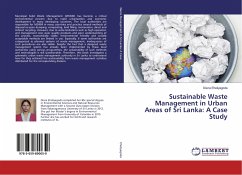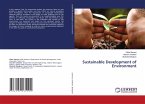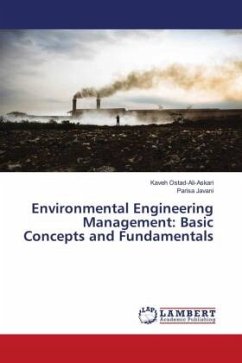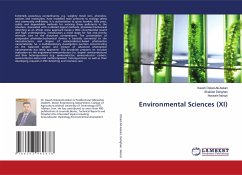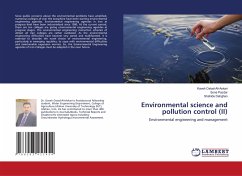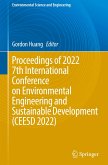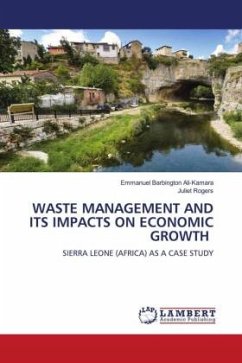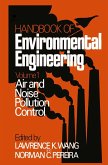Municipal Solid Waste Management (MSWM) has become a critical environmental concern due to rapid urbanization and economic development in many developing countries. The local authorities are responsible for MSWM in many countries and practice several methods of disposal as open dumping, composting, land filling, incineration, direct and indirect recycling. However, due to some limitations such as high operation and management cost, poor quality products and poor understanding of the process, economically viable, environmental friendly and socially acceptable methods are limited in use. Especially, if some authorities are categorized as planned systems of waste management, inadequacies of such procedures are also visible. Despite the fact that a designed waste management system has already been implemented by these local authorities using various programmes, the sustainability of such methods and technologies is still questionable. Therefore, this book investigates a systematic urban waste management authority in Sri Lanka to understand how far they achieved the sustainability from waste management activities distributed for the corresponding division.

